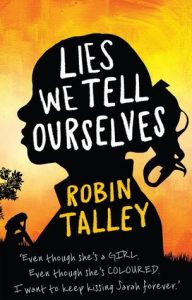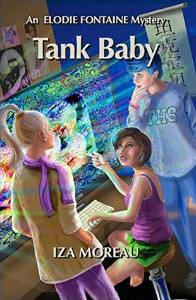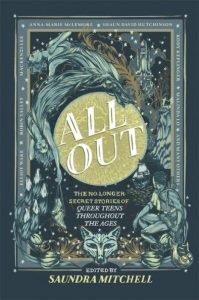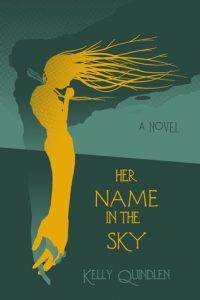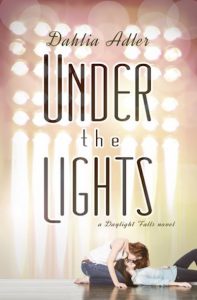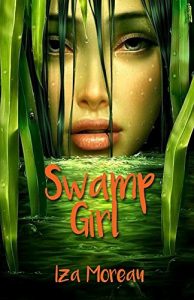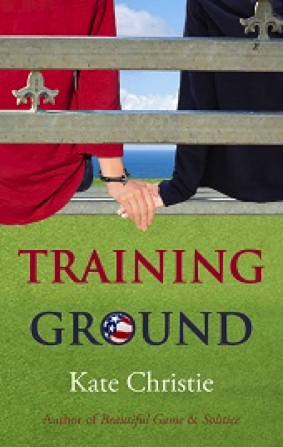If you’re looking for a fun f/f YA romcom, this is the perfect fit. I’ve been on a bit of an audiobook slump lately. I am very picky when it comes to audiobooks: they have to have the right narrator, and an interesting enough plot to pull me in, but it also has to be something I can miss a sentence of and still hold the thread, and I prefer them to be fairly light. It makes it very difficult to find a good fit, especially combined with my other book tastes and my library’s audiobook selection. Her Royal Highness finally broke through that slump, and I whipped through it.
Millie has been obsessed with Scotland since she first saw Brave. When she applied to stay in a fancy boarding school there, she didn’t expect to actually get in, never mind get a full scholarship that made it a real possibility. But heartbreak gives her an excuse to take the leap, where she immediately clashes with her roommate–who happens to be a Scottish princess.
I knew this was a hate to love story, but at the beginning of the story, I was skeptical of how I could root for their relationship. Flora comes off as obnoxious and even cruel, and I couldn’t see how Millie could end up wanting to date her. Hawkins pulled it off, though, slowly making Flora a more three dimensional and likable character, and before I knew it, I was totally invested in them.
This is Royals Book 2, but reading the first (m/f) book isn’t all necessary for this one. It gives you some fun insight into some side characters in this one, but that’s all. I highly recommend this book for anyone looking for the kind of sweet and angsty love story that comes out of hate to love stories. Check out the audiobook if you want the Scottish and Texan accents!


